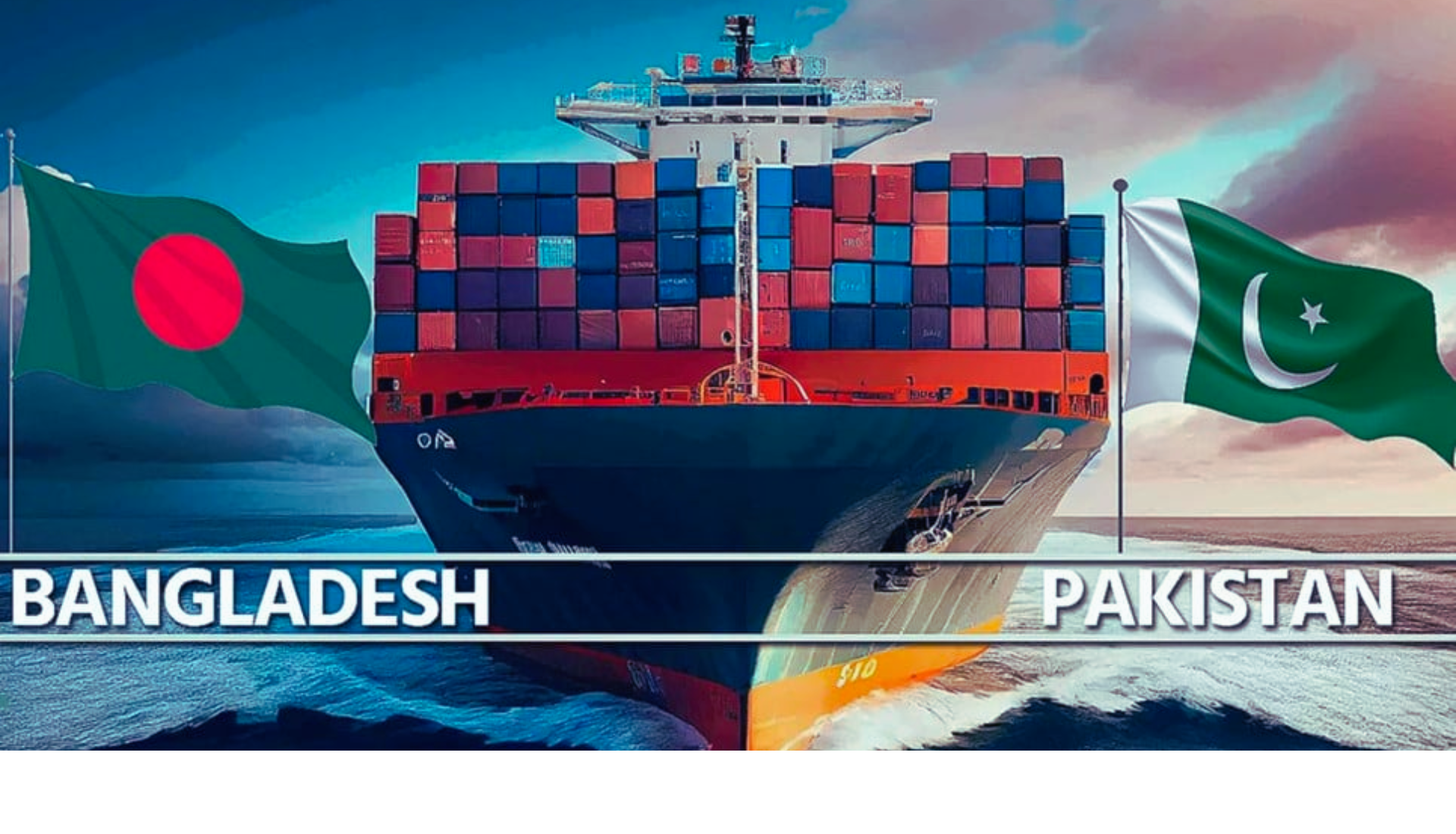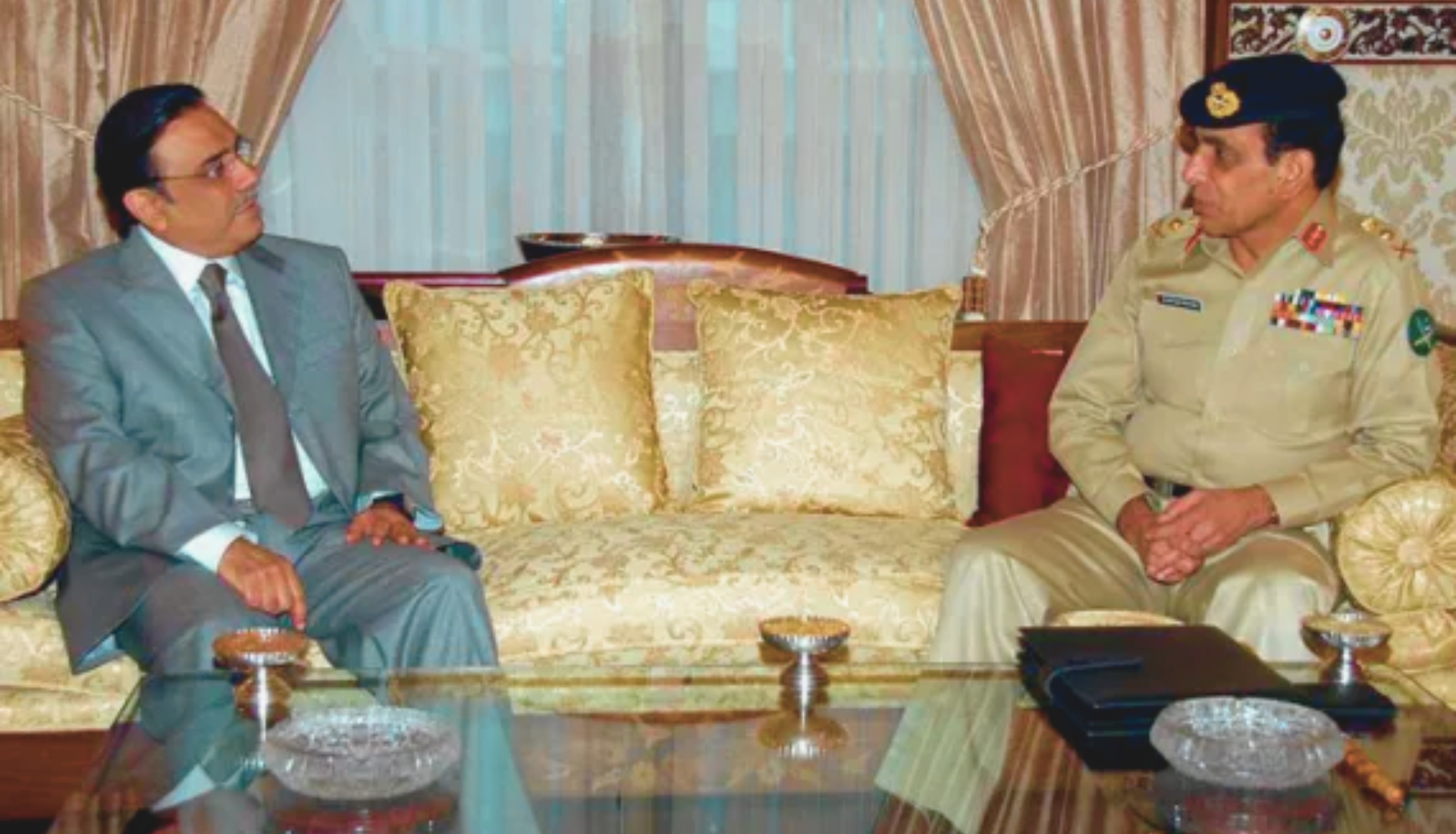The country continues to grapple with a significant trade imbalance with Saarc nations as Bangladesh’s import payments far exceed exports, according to the latest Bangladesh Bank (BB) report.
The report, covering fiscal year (FY) 2023-24, shows Bangladesh’s total import payments to Saarc nations stood at $9.76 billion while export earnings from the region reached only $1.74 billion.
Imports were more than five times the value of Bangladesh’s exports to the eight-member bloc, underscoring the country’s heavy reliance on goods from its South Asian neighbours — particularly India, its largest trading partner in the region and second-largest import source after China.
Imports from Saarc accounted for 15.44 percent of Bangladesh’s total imports of $63.22 billion in FY24, up slightly from a year earlier.
In the same year, exports to the region made up 4.47 percent of total shipments of around $39 billion, according to the BB report on Bangladesh’s trade, remittances and foreign investment within Saarc, released Tuesday.
“The respective authority should take appropriate policy measures to reduce the amount of imported goods from Saarc countries by raising indigenous production of such goods to meet the demand of the people of Bangladesh,” the BB said.
The report also said Bangladesh’s overall imports declined in FY24 from the previous year, in line with a broader drop in total imports. Exports also fell, reflecting a downward trend in trade with regional partners.
Of the total imports from Saarc, Bangladesh sourced over 92 percent from India in FY24. Similarly, India accounted for 90 percent of Bangladesh’s exports to the region, the report said.
After India, the top three destinations for Bangladeshi goods within Saarc were Pakistan, Nepal and Sri Lanka.
Pakistan was the second-largest source of imports within Saarc, with Bangladesh paying $627 million in FY24, or 6.34 percent of the total import payments to the region.
However, exports to Pakistan declined sharply, falling 25 percent year-on-year to $62 million in FY24 from $82.85 million a year earlier.
Exports to Pakistan made up 3.56 percent of the total shipments to Saarc.
Bangladesh mainly imported textiles and textile articles, chemical products, mineral products, vegetable products, beverages, spirits and vinegar, tobacco, machinery and mechanical appliances, base metals, and articles of base metals from Saarc nations.
Its key exports included garments, vegetable fats and oils such as rice bran oil, rawhides, leather, and plastic and rubber products.
“India stands out as the primary destination for Bangladesh’s export receipts within the Saarc region, showing substantial growth over the years.”
The report said exports to Saarc nations displayed mixed trends — some countries showed consistent growth while others fluctuated, “possibly influenced by economic factors, trade agreements, or specific industries”.
Export receipts from Pakistan varied over the years, peaking at $105.80 million in FY22.
Sri Lanka was the third-largest destination for Bangladesh’s exports within Saarc, accounting for 3.11 percent of total shipments.
“Export receipts of Bangladesh from Sri Lanka have been steadily increasing,” the report said.
Exports to Nepal also showed growth, especially from FY11 to FY22, reaching a peak of $105.50 million in FY22 before plunging to $43.38 million in FY24.
Nepal accounted for 2.49 percent of Bangladesh’s exports in FY24.
The Maldives, Bhutan and Afghanistan collectively imported about $25 million worth of Bangladeshi goods, with earnings from these three countries remaining stagnant over time.
Also See: Shifting Sands: India, Bangladesh, and a Political Reset
The BB said Bangladesh exports a limited range of products within Saarc.
“Thus, authorities like the Export Promotion Bureau and Bangladesh Bank should take effective initiatives to boost export earnings from the Saarc region by selling diversified Bangladeshi goods.”
“The authorities should review the main obstacles to selling diversified Bangladeshi goods to Saarc countries and mitigate them to reduce the trade deficit,” it added.
The central bank further said that while Bangladesh continues to exhibit economic growth and trade expansion, further exploration of opportunities and mitigation of challenges, particularly within Saarc, remain necessary.
“Strengthening regional cooperation and addressing trade imbalances will be essential for sustainable economic development.”
This news is sourced from The Daily Star and is intended for informational purposes only.

![Bangladesh's trade deficit with Saarc widens as imports far exceed exports; policymakers urged to boost regional trade balance. [Image via Daily Excelsior]](https://southasiatimes.org/wp-content/uploads/2025/03/SAARC.webp)




